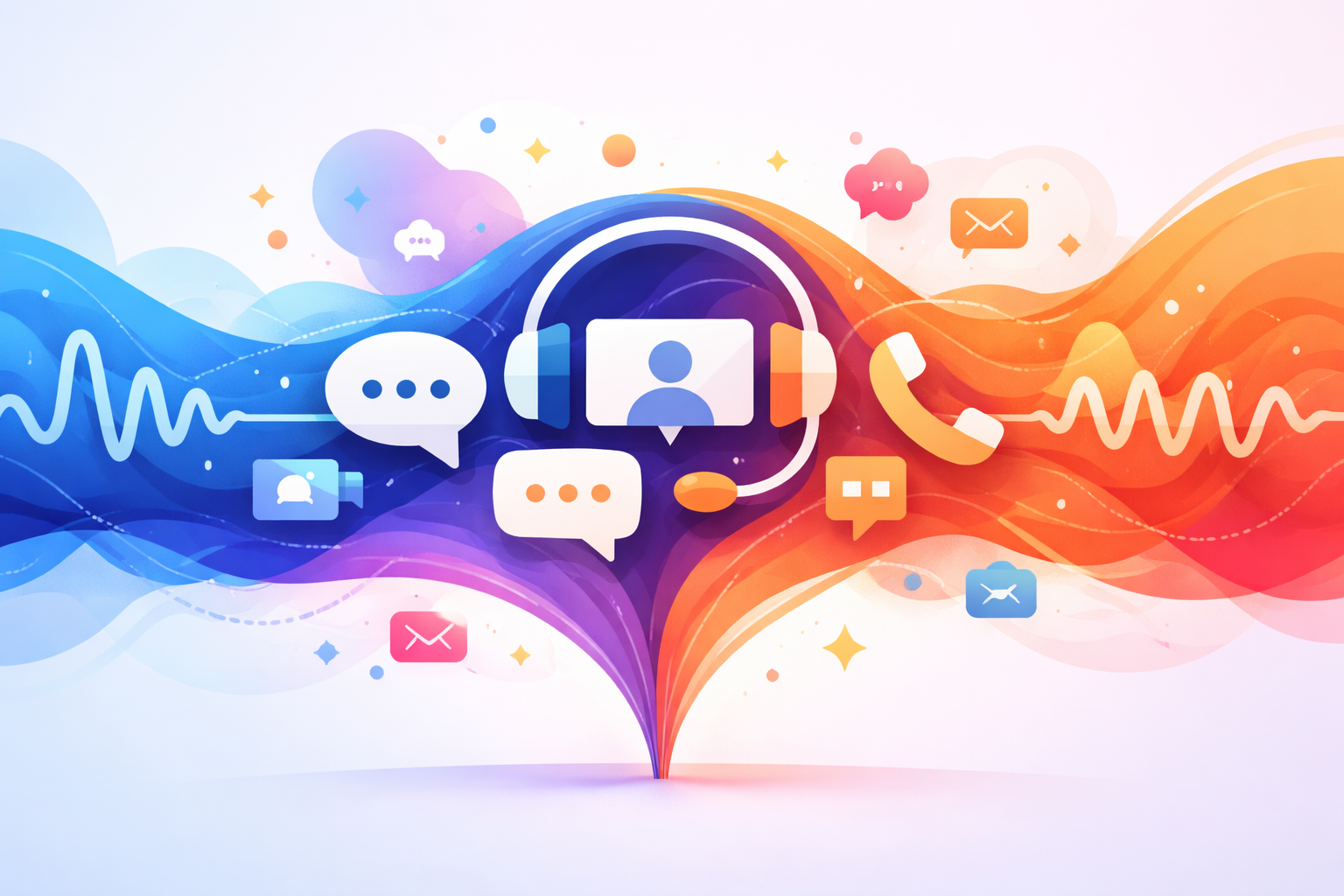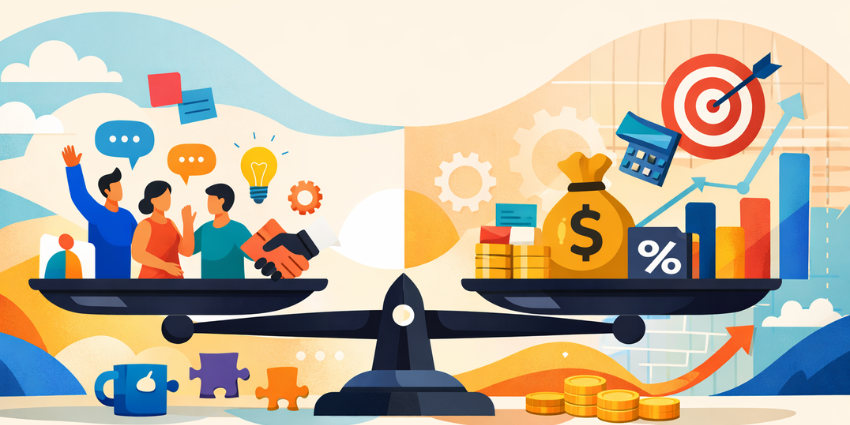Zoom founder and CEO Eric Yuan has never been one to sugarcoat his journey to the top.
On a recent episode of the Grit podcast, the man behind one of the world’s most pivotal communication platforms dropped a bold confession: “Work is life. Life is work.”
For Yuan, that mindset wasn’t optional – it was essential to build a $20 billion company that reshaped how the world connects.
He admitted he has no hobbies, and the only exception he makes for prioritising life over work is when it involves his family.
For top-tier executives and founders, Yuan says, the myth of balance is exactly that – a myth.
And he’s not alone. Reid Hoffman, LinkedIn’s cofounder, has echoed similar sentiments, highlighting the all-in mindset many top executives live by.
UC, AI & the Blur That Changed Everything
Over the past decade, the unified communications landscape has exploded – and so has the boundary between work and life.
With hybrid and remote-first cultures now the norm, business communication platforms have become the digital nerve centres of our lives.
Depending on the country (and company work culture) Slack pings don’t stop at 5pm and Zoom calls can spill over into dinner, with the meeting room creeping into our homes.
In short: UCaaS didn’t just enable flexible work, it redefined the contours of the modern workday.
Yet despite the grind-now, rest-later approach adopted by many, Yuan is bullish on a future where the integration of AI could fundamentally rewrites the rules.
“Do we really need to work five days a week?” he asked. “Maybe three. Maybe two.”
His prediction? AI “digital twins” – virtual agents that think, speak, and act on our behalf – will soon automate the low-level busywork, freeing up humans for more strategic, high-impact contributions. The implication? Fewer days at the desk and more time for life.
Four-Day Workweek: From Vision to Reality
While this may sound like wishful thinking we’re already seeing companies across the globe experimenting with shorter workweeks – and not as a result of improvements in AI.
In Iceland, a national four-day workweek trial that started five years ago has delivered big wins: unchanged (or improved) productivity, happier employees, lower burnout, and enthusiastic support from labour unions.
Several European countries have also engaged in trials, and studies have found that younger workers are especially on board.
A recent survey by workplace collaboration platform Owl Labs of 1,000 UK workers revealed that:
- 81 percent of Gen Z workers believe shorter weeks would boost both productivity and well-being.
- 83 percent think a four-day workweek could be standard by 2030.
- 76 percent say it would improve work-life balance.
- 74 percent would use the extra time for personal growth.
- 72 percent say it would increase job satisfaction.
Still, it’s not all sunshine. Sixty percent of respondents voiced concerns about compressed workloads, while 38 percent worried about keeping up with customer service needs – a critical issue in the UCaaS space.
Work-Life 2.0
As AI redefines workflows and reduces administrative drag, industry leaders can pioneer not just the future of communication but the future of work-life balance.
That means integrating intelligent agents into daily workflows, enabling real asynchronous collaboration, and building platforms that don’t just connect teams, but protect their time.
But Yuan himself acknowledges the new tension AI introduces: while automation is accelerating, job competition is heating up. Even computer science graduates are facing hurdles.
Yuan’s work ethic may have built an empire, but even he sees that the future looks different. AI isn’t just optimising tasks it’s reframing how we value time.
And in a world where “work is life” still persists, the best platforms won’t just deliver better communication – they might just help make life a little more liveable.







